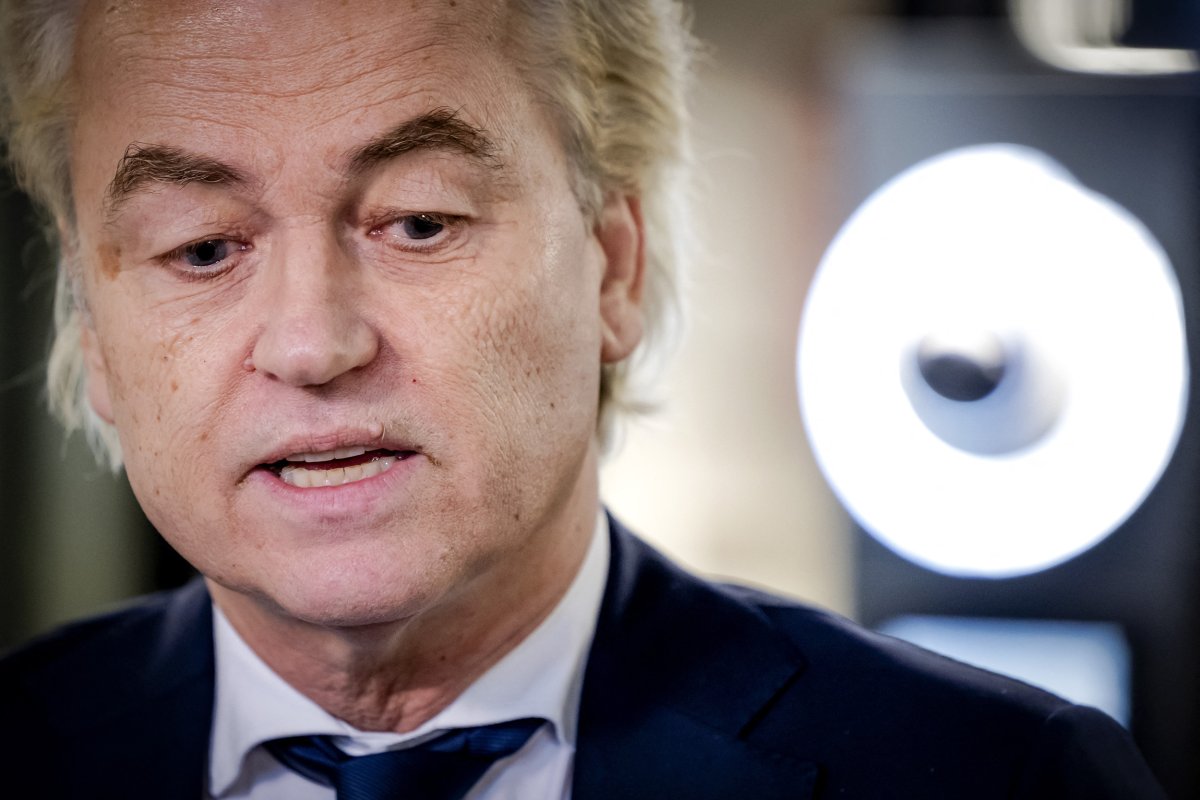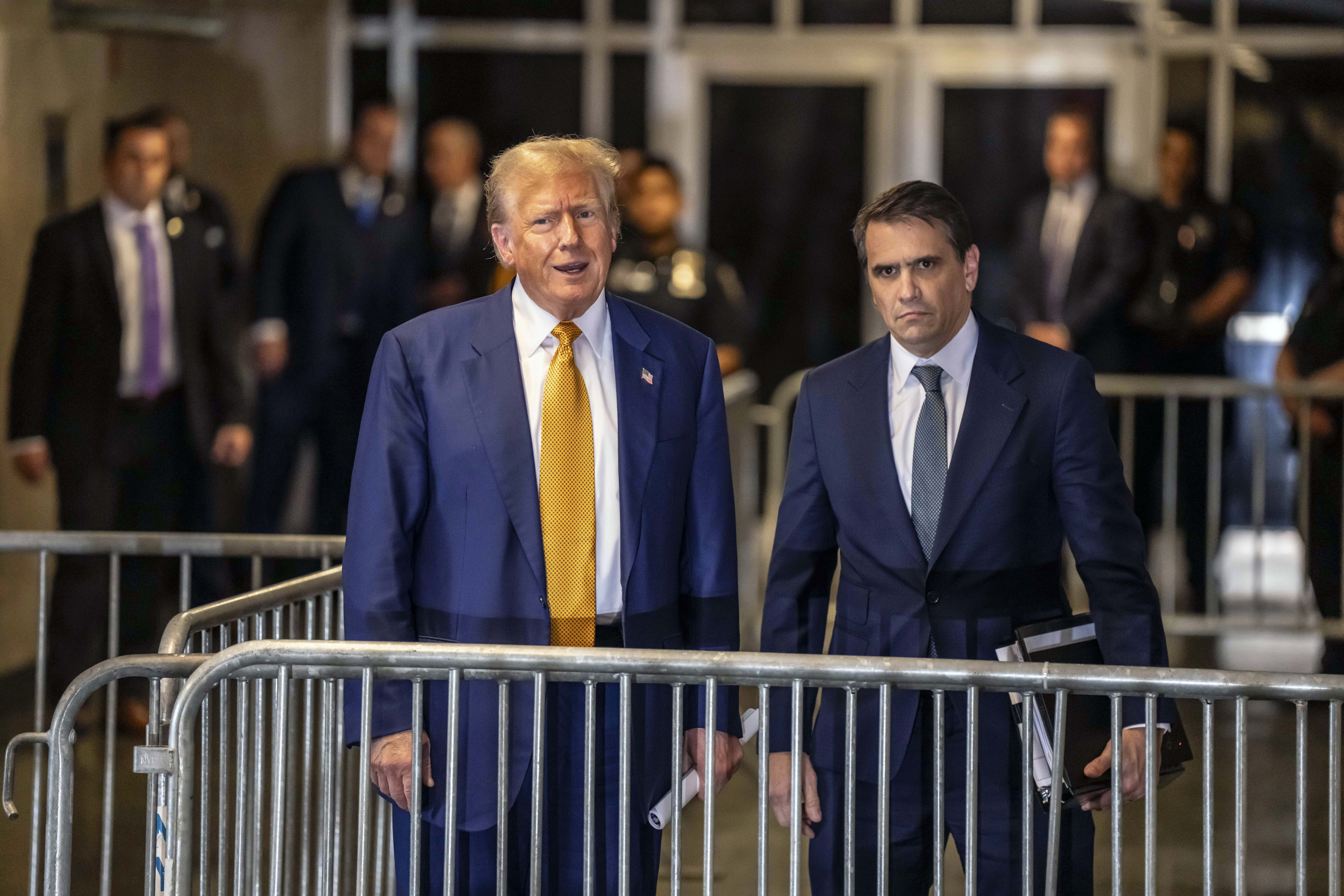Geert Wilders, the veteran polemical populist, achieved a striking victory in the recent Dutch general elections. The electoral success of Wilders' Freedom Party (PVV) represents another confounding blow to the Western commentariat, which has struggled to understand and come to terms with the public mood in this and other seismic votes in the modern political era, including the election of Donald Trump in the United States, Brexit, and Boris Johnson's 2019 landslide.
Wilders' victory will induce anxiety for any onlookers with a genuine interest in universal religious freedom. It will be deeply depressing for those who recognize religious freedom as a vital component of healthy, peaceful, and civilized societies. Some will contend that the thrust of Wilders' campaign was euroscepticism, and that he has toned down his anti-Islamic rhetoric. He certainly suggested that the Netherlands faced more pressing issues than Islam, and that he wouldn't seek to take "unconstitutional measures'' in relation to religious freedom violations. He pledged that ideas around banning mosques and the Koran would be "put in the fridge." Nevertheless, he didn't go so far as to deliver these policies to the dustbin, which would be a far more suitable place for them. From the fridge, one fears a rancid dish of Islamophobia may someday emerge to be reheated and served up as in an episode of Gordon Ramsey's Kitchen Nightmares.
It would be wholly detrimental to suggest that the concerns that have contributed to the success of the PVV should be dismissed out of hand. This posture of disregard from sneering political elites is the reason voters feel compelled to turn to the likes of Wilders. There are serious issues which must be deeply understood, and addressed decisively, on challenges such as mass illegal migration, the operation of criminal gangs across borders, and the presence and propagation of extremist ideologies. However, policy should never be shaped by hatred and intolerance. It is within the power of our political leaders to resolve serious political threats and challenges without resorting to inflammatory, provocative rhetoric, or singling out minorities. It is a true sign of ignorance, or perhaps opportunism, when religious communities are vilified, maligned for the attitudes and actions of unrepresentative elements, and scapegoated for problems not ultimately of their creation.
Religious freedom is a cause disdained by some on the hard right for the protection it offers to communities they consider undesirable and unworthy of a place in their nation. Similarly, it is decried by some on the absolutist political left as a defense of outdated religious beliefs and practices, which they see no place for in progressivist societies. As such, religious freedom is a cordon sanitaire contributing to stability, security, and civility and guarding against the ugliest instincts of both Western populism and progressivist authoritarianism.
While religious freedom violations in places such as the Middle East, China, and parts of Sub-Saharan Africa continue to be widespread, egregious and systematic, it is no longer sufficient simply to furrow our brows at "what they do over there." Horrific scenes of inhuman atrocities flooding our screens from Israel and Gaza have reanimated the scourge of antisemitism, which is increasing at a terrifying pace in Europe and the United States. While Islamophobia hasn't intensified at quite the same rate, there has been a spike in cases, including violent attacks and provocative Koran burnings. The Dutch election result doesn't do anything to ease alarm. Christianity, for some years, has endured an insidious process of mockery, denigration, and exclusion from the public square. If our governments continue to promote religious freedom in discourse with other nations, as they should, without getting our own houses in order, then we risk outright dismissal on grounds of hypocrisy.
Our religions should not and need not be privileged by the law when faced with criticism or contempt. Religions, as with ideologies, should succeed or decline on their merit and it is for their adherents to make a case for their truth and value. It is also simply not the case that religious freedom is a license for extremism or criminality. Religious identity and religious freedom absolutely do not provide a shield against prosecution for those who choose to reject the laws of the land, and deportation for any who have done so as migrants.

However, our societies should take a stand for the freedom of thought, freedom of conscience, freedom of worship, freedom of expression, and freedom from intimidation, violence, and incitement, which are all bound up in the cause of religious freedom. This is not just good for religion, or for people of faith. It is vital for all who value living in free societies, which allow them to reason, believe, live, and speak peacefully in accordance with their consciences without fear.
It is entirely possible and integral to the best traditions of Western societies to engage in respectful, but robust civil discourse that advances unity rather than division on the matters of greatest concern to the public. The decline in Western civilization, accompanied by polemics and political polarization, must be arrested. The West urgently needs the emergence of leadership that will unite and inspire with the revitalization and cultivation of virtuous societies marked by civility, generosity, and religious freedom.
Miles P.J. Windsor, based in London, is a leading religious freedom strategist and campaigner with over 15 years of experience in politics and international affairs. His particular expertise is in religious freedom in the Middle East and North Africa.
The views expressed in this article are the writer's own.
Uncommon Knowledge
Newsweek is committed to challenging conventional wisdom and finding connections in the search for common ground.
Newsweek is committed to challenging conventional wisdom and finding connections in the search for common ground.
About the writer
To read how Newsweek uses AI as a newsroom tool, Click here.








